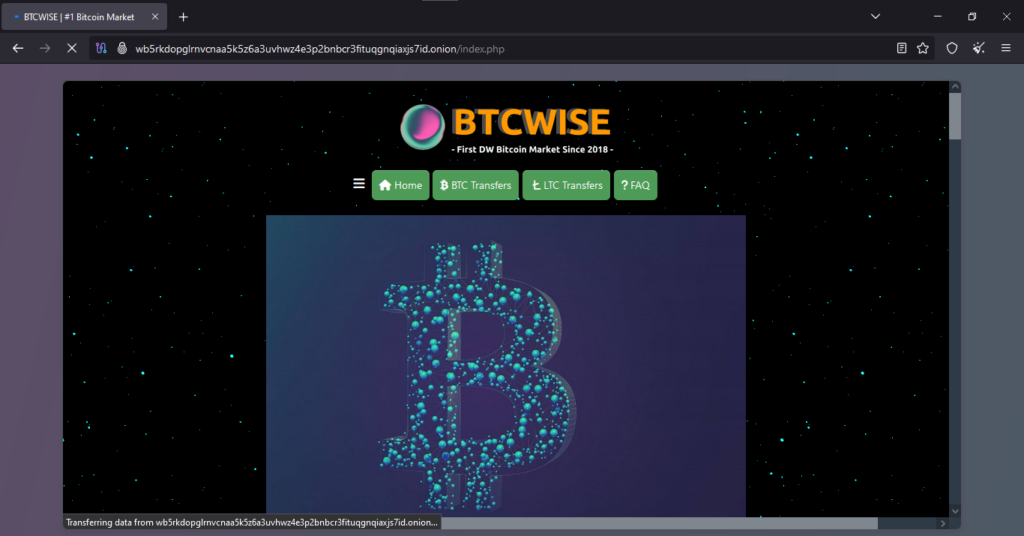Table of Contents
ToggleBTCWISE – TOR Scam Report (115)
Onion Link: http://wb5rkdopglrnvcnaa5k5z6a3uvhwz4e3p2bnbcr3fituqgnqiaxjs7id.onion/index.php
Scam Report Date: 2025/01/21
Client Scam Report Breakdown
Original Report Summary:
The scam report conveys significant dissatisfaction and frustration from the client. The brevity suggests the client’s experience was deeply negative, leaving them unwilling to invest more effort into elaboration. The terms “just scum” and “money for nothing” reflect a strong emotional response, implying a sense of betrayal and wasted resources. The phrases “false offer” and “no support” highlight the client’s claim of misrepresentation and lack of customer service, while “no answer” and “no any connection” indicate an absence of communication. Collectively, the report suggests a complete failure by the service provider to deliver on its promises.
Segment 2: Defining Key Terminology
- False Offer: This term refers to a situation where a product or service was advertised with certain benefits or specifications that were not delivered. In scam contexts, it often implies intentional deceit aimed at luring customers.
- No Support: This indicates the absence of after-sale service or assistance, which is often a critical factor for customer satisfaction. It underscores the client’s experience of neglect or disregard by the provider.
- No Answer: This phrase points to a lack of responsiveness from the service provider when the client sought help or clarification. Communication lapses can exacerbate customer frustration and are a hallmark of many scams.
- No Any Connection: Likely emphasizing the complete breakdown of communication channels, this term suggests that the client could not establish or maintain contact with the provider at any stage of their interaction.
- Money for Nothing: This conveys the client’s belief that their financial investment yielded no return, a frequent complaint in scam scenarios where customers receive substandard or nonexistent products/services.
Segment 3: Analysis and Contextual Insights
This report captures the essence of many scam complaints—disappointment fueled by unmet expectations and poor communication. The use of emotionally charged language, such as “just scum,” not only communicates the client’s discontent but also suggests their perception of the service provider’s integrity. While the client provides minimal details, the underlying issues align with common patterns in fraudulent transactions: deceptive advertising, nonexistent customer support, and ghosting post-payment. These are red flags in any transaction and highlight the importance of due diligence when engaging with unfamiliar vendors.
The report also underscores the psychological impact of scams. Beyond financial loss, victims often experience feelings of anger, helplessness, and distrust. Scammers exploit these emotions, often leaving victims reluctant to pursue further action due to shame or fatigue. For clients reporting such incidents, it is crucial to document specific details, such as dates, transaction records, and communication logs. Such information not only strengthens their case but also aids in identifying patterns that can be used to prevent future scams.
By dissecting this report, we gain insights into the tactics used by fraudulent entities and the experiences of their victims. This knowledge can inform preventative measures, such as consumer education, platform accountability, and stringent verification processes for online vendors. It also emphasizes the need for accessible support channels where victims can seek recourse. Ultimately, addressing scams requires a multi-faceted approach, combining vigilance, transparency, and systemic reform.







